invisible
Been spending a lot of time on here!
- Joined
- Mar 10, 2007
- Messages
- 5,213
- Reaction score
- 983
- Location
- Canada
- Website
- www.federicobuchbinder.com
- Can others edit my Photos
- Photos NOT OK to edit
I never used colour filters back in the day when I shot film, and barely use any filters at all now that I shoot 100% digital. However, and as part of a lens package that I'm about to pull the trigger on, I will be receiving these filters from the film era:
Nikon B12 (blue)
Nikon R60 (red)
Nikon O56 (orange)
Nikon Y48 (yellow)
So here's my ignorant question: do these filters have any value in digital photography?
Nikon B12 (blue)
Nikon R60 (red)
Nikon O56 (orange)
Nikon Y48 (yellow)
So here's my ignorant question: do these filters have any value in digital photography?




![[No title]](/data/xfmg/thumbnail/35/35879-b9a5a75c88f724f404f976b0c0e67dbd.jpg?1619737207)
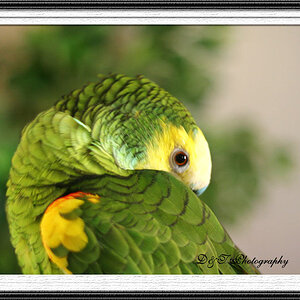
![[No title]](/data/xfmg/thumbnail/38/38263-ad5e4c9e677626ddb5b1e7cdf9ebe40e.jpg?1619738548)
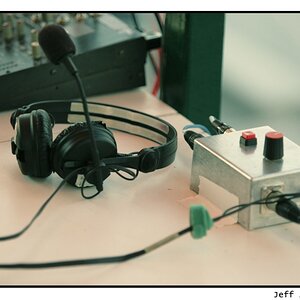
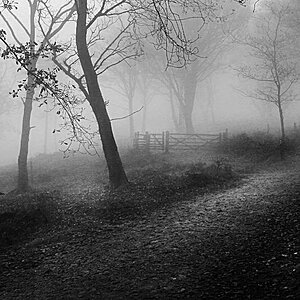
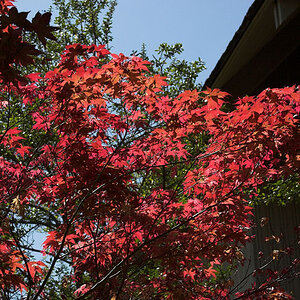
![[No title]](/data/xfmg/thumbnail/35/35868-15d995e4052bf05e2038e8b2a545a08f.jpg?1619737195)
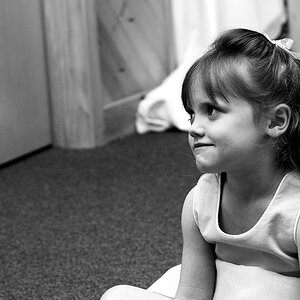

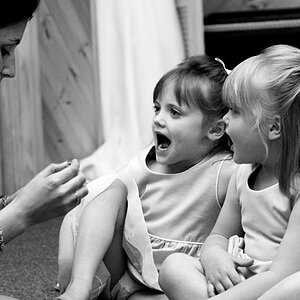
![[No title]](/data/xfmg/thumbnail/34/34114-dd12be026979ccd4182c5f478bd91448.jpg?1619736284)
![[No title]](/data/xfmg/thumbnail/35/35872-12704b8c65e1c009d7089ccba367abb6.jpg?1619737198)